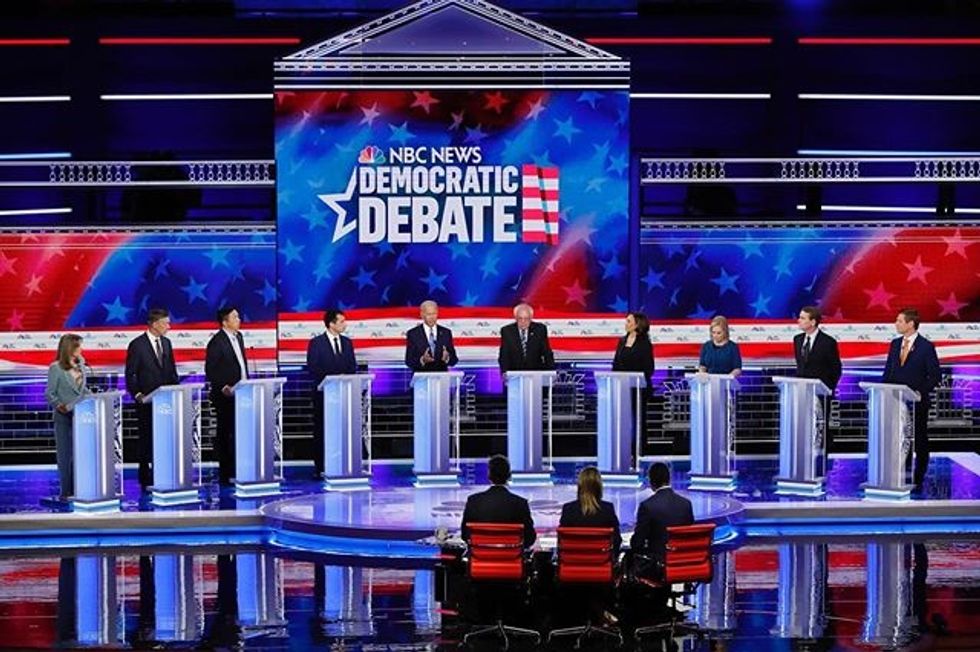In the wake of the first official Democratic debates, people all over the nation brace themselves for the tumultuous election season just around the corner. The pool of candidates will grow smaller until one will be chosen to rival President Donald Trump in what will become the most significant election for our hallowed democracy yet. Soon enough, political campaigns will pop up everywhere in the form of bumper stickers, yard signs, and commercials on TV that you'll seriously wish you could skip. Amidst the campaigns and the whirlwind news coverage, there is one important thing to remember: do not throw away your vote.
Those of conservative backgrounds and beliefs will often lionize the history from which our nation was born some two hundred years ago. The Revolutionary War freed us from tyranny, so that the descendants of the patriots who fought it could have the right to the pursuit of happiness. But what those who emphasize our nation's glorified past seem to forget is that the right to vote did not come to all Americans as easily as they wish to believe. Sure, the right to vote has existed for as long as the United States have, but only for those white land-owning men. For women, minorities, and everyone else, that "right to vote" was seen as a privilege, one that they had to fight to grant. The Suffragettes were imprisoned and attacked for their efforts; minorities were forced to endure consistent discrimination, servitude, and inequality for theirs. That "right" did not happen easily.
Today, all United States citizens, regardless of gender, race, ethnicity, or socioeconomic status, have the ability to vote. However, it is absolutely crucial to remember just how sacred this ability is. Leaders rise and fall because of it, party lines are drawn because of it, and now, the fate of our democracy and reputation on the world stage relies on it.
Rivaling an opponent that values those same xenophobic and intolerant ideals as the despots our nation has historically bested, something seemingly as simple as showing up to the polls and submitting a ballot may seem like a feeble step on the road to change. An unnecessary one, even. It's actually quite the contrary. Protesting by abstaining your vote, or voting third-party, does not have the effect you believe it does.
More often than not, voting for a minor political party does not read as an act of protest against the two central Republican and Democratic candidates. Based on how the American election system works, the winner takes all, meaning that your vote, which could have gone to whom you believe as the lesser of two evils, simply ceases to have a substantial, game-changing effect on who wins. This isn't to say that third party candidates are inherently doomed, or that they are not the best choice in an election season. But when the odds are stacked against third-party candidates, voting for them as an act of protest towards the two central candidates does not work.
While the 2020 elections are still sixteen months away, the time to rid yourself of nit-picky wishes for your ideal candidate is now. With over a dozen Democratic candidates still in the race, with primaries and more rounds of debates on their way, do not wait. Learn about those running, read up on their platforms and potential policies. There are plenty of online quizzes and voter guides, drafted by credible sources, that are meant to help you figure out which candidate's values fall in line most with your own. Educating yourself now can give your vote so much more power than it already has come next November. Because it is no longer a race between parties, but rather, a battle for the liberation of the free world.



















